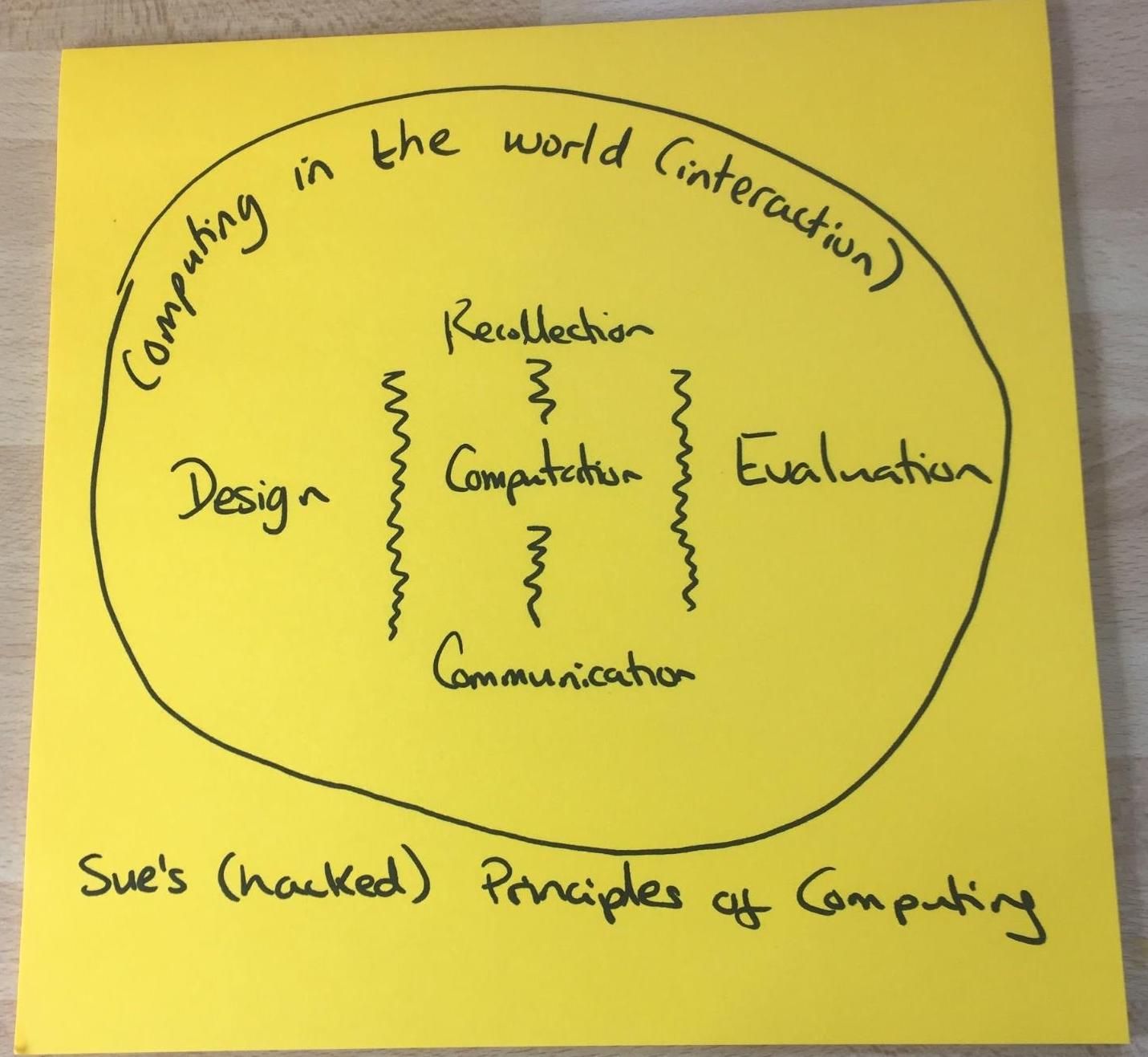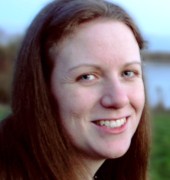Episode #2: What is computing?
18 October 2019

We’re following up our inaugural episode’s exploration of the reasons for teaching computing with a discussion about what we mean when we talk about ‘computing’. During episode #2, we address the following questions:
- Computing is a rapidly evolving field, with technology advancing at a rapid pace — are there ideas at the core of computing that are constant and consistent?
- How do we as teachers relate these big ideas to our everyday teaching?
- Given that computing is broad and multidisciplinary, do our individual experiences influence how we view and ultimately present the subject to our learners?
You can find the podcast via these popular services:
Anchor |
Castbox |
Podbean |
RadioPublic | |
Spotify |
Stitcher |
Thanks to all our guests for their contributions to this episode, and a special thanks to Oliver Quinlan for our intro theme built from Commodore 64 sounds.
You can (and should) contribute your thoughts and expertise by emailing the team or by leaving us a voice message, which we may include in a future episode.
We want to make a podcast that is both interesting and useful to computing educators, and to do that we need your help. Complete this feedback form to tell us what you liked (or didn’t like) and what you’d like to see more of.
Thanks for listening!
Episode chapters:
To find answers to “What is computing?”, we spoke to Dr Sue Sentence to discover what the research says on the subject and hear her perspective on the nature of our discipline. In this conversation we also discussed the importance of individual perspective and the biases this might bring to our teaching. We also spoke to a group of educators about their views and perspectives on the nature of computing.
Below, you’ll find a summary of the episode along with links to the articles and items discussed. You can also download a full transcript of this episode.
0 min
Welcome to the podcast by this month’s hosts James Robinson and Sway Grantham, in which they discuss their views on the subject of computing.
02:05
Dr Sue Sentence shares her perspectives on the nature of computing and her own big ideas informed by the work of Peter Denning. We discuss the difference between ideas, themes, and topics, the importance of framing our teaching through “interaction”, and Sue’s visualisation of the subject. Finally, we talk about the unique perspectives on computing that we all have, and the part these play in shaping our view of the subject as well and the views and experiences of our learners.
- Early on in the conversation, we discuss the Peter Denning’s seven great principles of computing as well as his recently revised view which presents six great principles.
- Sue refers to the principles underpinning the AP curriculum.
- When Sue and James discuss the topic of interaction, Sue’s book is mentioned where the topic is covered in more detail in chapter 5.
- Sue describes her picture of computing, which she has helpfully drawn for us.

- If you’d like some inspiration on how to tackle interaction-focused topics and how to lead classroom discussion, take our free online course about the impact of technology.
- Finally Sue and James discuss the work of Matti Tedre, who suggests that computing can be legitimately viewed as a mathematical, scientific, or engineering discipline. Read more about his ideas in his book The Science of Computing: Shaping a discipline, or in chapter 2 of Computer Science Education, Perspectives on Teaching and Learning in School.
16:07
Sway and James discuss their potential biases about computing and whether different perspectives might be more prevalent at different Key Stages.
33:15
We then speak to a small group of educators about their perspectives on the subject and how this might impact on their teaching.
42:00
Sway and James summarise the episode to draw out key points, as well as previewing episode 3.








